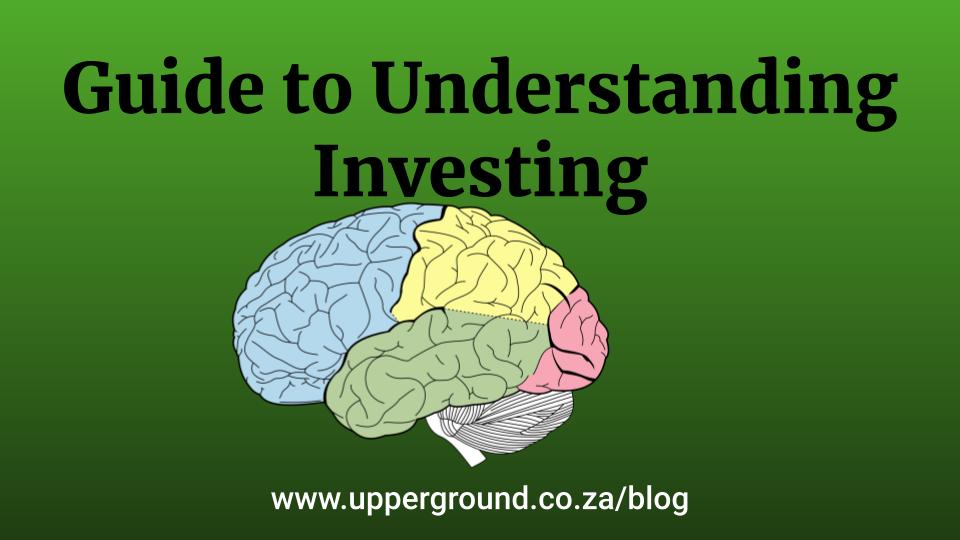Investing can be a daunting experience until one learns the basic principles of investing. It does not matter how much money you earn. You could earn ten times the national average salary, but if you lack the discipline to set aside some money to invest you will never be able to do so.
It’s not so much a numbers game only. However, it is also a psychological trait that needs to be developed. For example, as a kid, you learned there was insufficient money to take you to school and purchase an expensive cell phone without saving your daily allowance. A budget was introduced by a parent, parents, or the person responsible for maintaining the household income and expenses. They had to strike a balance to ensure you are fed daily and still support the family’s lifestyle.

The simple act of postponing something you want now for later is called delayed gratification, a concept explained incredibly well by M Scott Peck in the book The Road Less Travelled. Investing requires a sacrifice of instant monetary pleasure. Growing your allowance or starting a business to increase your income is something that can be taught from an early age.

If the skill is not developed early on, it is harder to learn as an adult. But it is not impossible to master with a great ability to reflect, relearn, and repeat. The three R’s will help you understand your habits and relearn new habits to replace old ones. Atomic Habits by James Clear is a great book that helps with habits. Once you have learned to set aside a specific percentage of what you earn to invest weekly or monthly it becomes a norm.

A goal is the fastest way to make a habit stick. If you are investing with the objectives of short-term, medium-term, and long-term goals it will help you to stay the course. Tackling the short-term goal of buying a cellphone that you want is the first step before you advance to the long-term goal of leaving generational wealth.

The small wins are about building conditions that make it favorable for you to succeed. The three R’s are explained in the following table:
| Reflect | Write down. |
| How do I spend money daily? | This will help to identify and eliminate unnecessary spending. And start allocating the surplus to investment accounts. |
| Relearn | Take action. |
| How can I reduce expenses and invest more? | Develop new habits that will help you to spend less and invest more. |
| Repeat | Consistency is key. |
| What systems are in place that constantly monitor my investment goals? | Use tools that evaluate your income, spending habits, savings, and investment goals. |
Once you have found what works for you, develop consistency, and be slow to change a winning strategy. Investing is about discovering how disciplined you have become after you have set goals for your investment plan.
Disclaimer: Upper Ground is not liable for any financial decisions you make. Consult a certified financial professional for financial services.





Pingback: How do we avoid the death trap of unaffordable debt? - Upper Ground